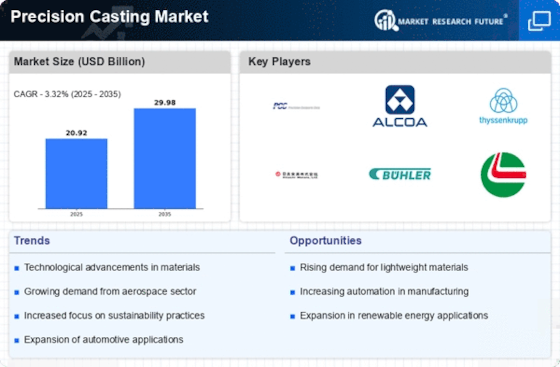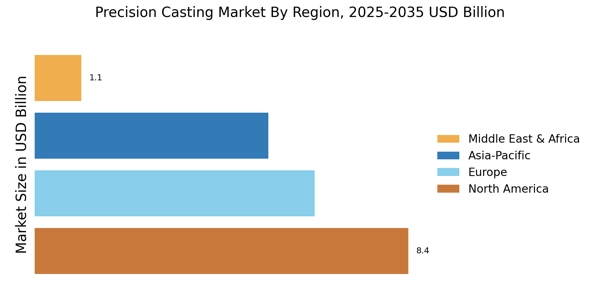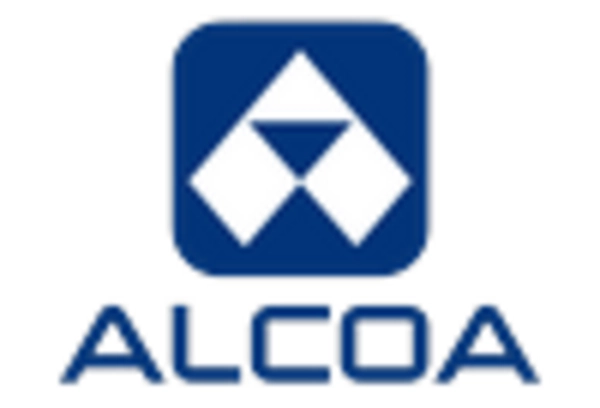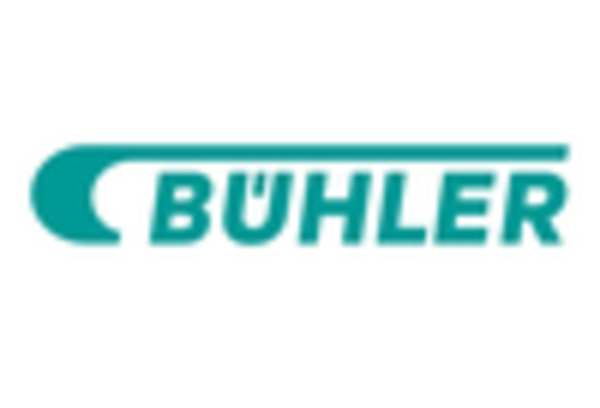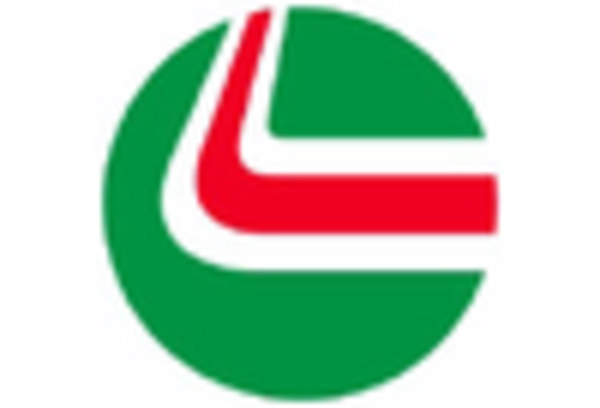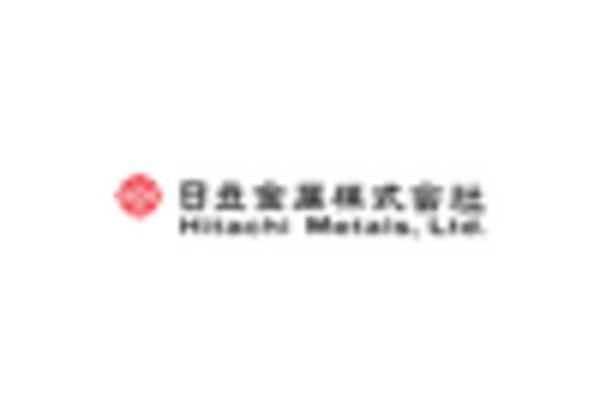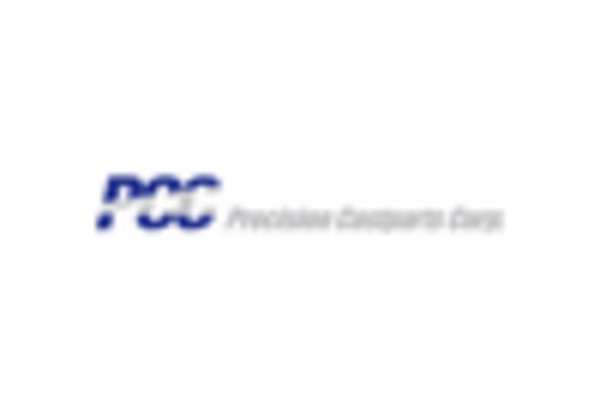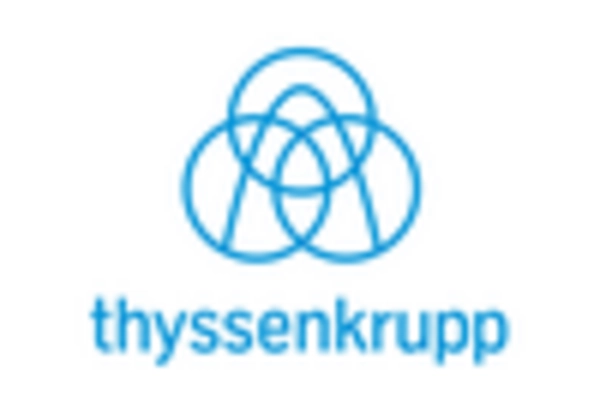Growing Focus on Sustainability
The Precision Casting Market is increasingly influenced by sustainability initiatives as industries strive to reduce their environmental impact. Manufacturers are adopting eco-friendly practices, such as using recyclable materials and minimizing energy consumption during the casting process. This shift is not only driven by regulatory pressures but also by consumer demand for sustainable products. Recent studies indicate that companies implementing sustainable practices in their operations can enhance their market competitiveness. Consequently, the Precision Casting Market is expected to evolve, with a greater emphasis on sustainable manufacturing processes that align with global environmental goals.
Rising Demand in Automotive Sector
The Precision Casting Market experiences a notable surge in demand driven by the automotive sector. As manufacturers increasingly seek lightweight and durable components, precision casting offers an effective solution. The automotive industry is projected to account for a significant share of the market, with estimates suggesting it could reach approximately 40% of the total demand by 2026. This trend is further fueled by the growing emphasis on fuel efficiency and performance, compelling automakers to adopt advanced manufacturing techniques. Consequently, the Precision Casting Market is likely to witness substantial growth as it aligns with the evolving needs of automotive manufacturers, who prioritize both quality and cost-effectiveness in their production processes.
Expansion in Aerospace Applications
The Precision Casting Market is poised for growth due to its expanding applications in the aerospace sector. The demand for high-performance components that can withstand extreme conditions is increasing, as aerospace manufacturers focus on enhancing fuel efficiency and safety. Precision casting provides the necessary precision and reliability for critical components such as turbine blades and structural parts. Recent data indicates that the aerospace segment could contribute around 25% to the overall market by 2026. This growth is indicative of the industry's shift towards advanced materials and manufacturing processes, positioning the Precision Casting Market as a key player in meeting the stringent requirements of aerospace applications.
Customization and Demand for Complex Parts
The Precision Casting Market is witnessing a growing trend towards customization and the demand for complex parts. As industries evolve, there is an increasing need for tailored solutions that meet specific requirements. Precision casting allows for the production of intricate designs and customized components, catering to diverse applications across sectors such as automotive, aerospace, and medical devices. This trend is likely to drive market growth, as manufacturers seek to differentiate their products and enhance performance. The ability to produce unique and complex parts positions the Precision Casting Market favorably in a competitive landscape, appealing to clients who prioritize innovation and quality.
Technological Innovations in Casting Processes
Technological advancements play a crucial role in shaping the Precision Casting Market. Innovations such as 3D printing and computer-aided design are revolutionizing traditional casting methods, enhancing efficiency and precision. These technologies enable manufacturers to produce complex geometries that were previously unattainable, thereby expanding the scope of applications. The integration of automation and robotics in casting processes is also streamlining production, reducing lead times, and minimizing waste. As a result, the Precision Casting Market is likely to benefit from increased productivity and reduced costs, making it an attractive option for various sectors, including automotive and aerospace.


